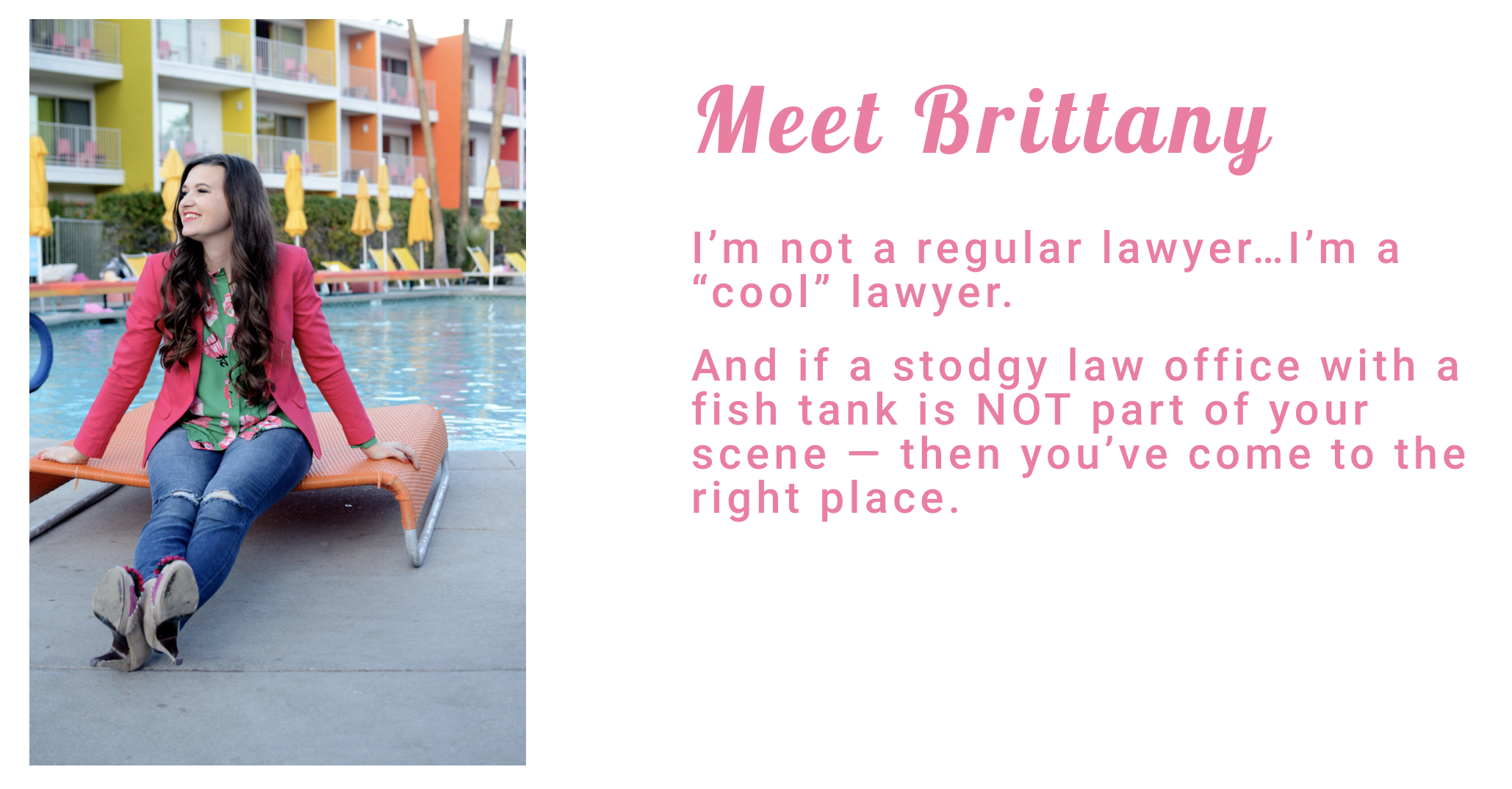In Episode 21 of the Michelle Gifford Podcast I interview Brittany Ratelle and talk to her about three steps to get legit!
Hey everybody! It is time for episode 21 of the Michelle Gifford Podcast and it was my pleasure to interview Brittany Ratelle and talk all about taking your business legit! Can you believe we have already made it to TWENTY ONE podcast episodes? I can’t! I hope you are loving them as much as I am. If you haven’t checked them out make sure you hop on over and give them a listen, and rating. {Wink} It was such a fun interview and I hope you check out the whole episode but I wanted to give you some of the highlights in the meantime.
The Legal Stuff…
Brittany is a lawyer for creatives and I love it because there’s such a need for creative entrepreneurs to get legit. What does getting legal do for my business?
- It protects you.
- It makes you commit/ take it more seriously
Step 1. Get an LLC.
An LLC creates a fence around your business and protects your personal assets. It means that if anything goes wrong with your business that you, things are going great or things are not going great, like you get sued for something, it will keep your personal side protected.
Step 2. Create Contracts for Clients
Protects both of you and sets up clear expectations. Contracts are so important because they are protecting the revenue stream.
You can also create contracts for your employees. If you have anyone who’s helping you in your business, any helpers, whether that’s independent contractors, or employees, they should also have some sort of agreement or even just interns they should all have a contract that covers what they are doing for you.
Things to consider:
- How are you paying them if you’re paying them?
- What about confidentiality?
- What about the taxes and healthcare?
Step 3. Protect Your Website
Privacy Policy: you need to have this regardless of whether you think you collect information or not. Even if you don’t think you do, you do your running analytics, you are running ads. If you have an email opt in, all of those things, then yes, you are collecting information. So you need a good privacy policy.
Terms: Sometimes it’s called website terms, terms of use, terms of service, terms and condition. It doesn’t really matter what you call them. These are basically your club house rules for your website. This is a little contract between you and whoever wanders on your website, your putting your digital properties, explaining the rules.
Disclaimer: If you have affiliate links on your website, then you need to have an affiliate link disclosure. If you have anything that could border on medical, financial, personal training advice, anything that’s a regulated, licensed industry, then you need to be very clear what your credentials are and that you are not offering medical advice. financial advice, legal advice, etc. That’s especially important if you’re in the health and wellness field. You’ve seen these on websites before. If you go on Web MD, for example, you’ll see “not intended to diagnose or treat any illness or disease”.
Brittany has her own website with contracts and legal kits you can purchase. Check it out here!
It was so great having Brittany on the podcast and I think we all got a TON of great information out of it! I hope you all enjoyed it. Make sure you check out the full interview on the podcast.



You said...